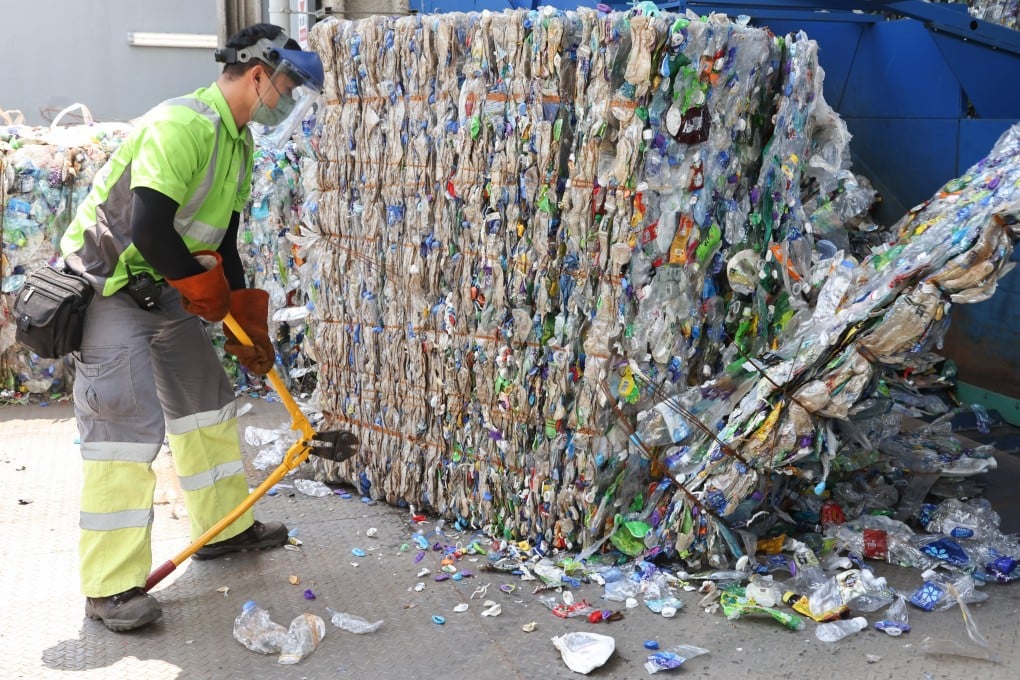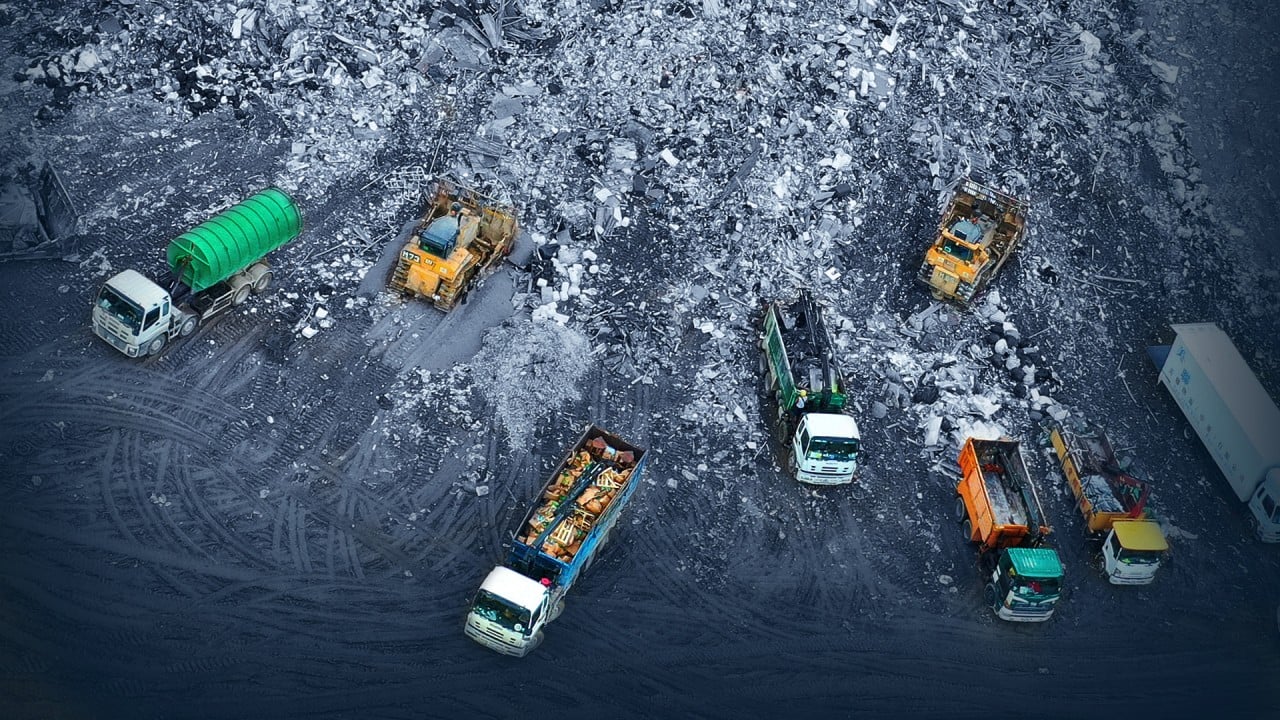Advertisement
Opinion | How Hong Kong can win its war on plastic waste and revive ailing recycling industry
- New Life Plastics ceasing operations because of a lack of plastic bottles shows how far Hong Kong has to go in promoting recycling
- Reducing use, providing better incentives to recycle, and making recycling easier for everyone will help the city do its part to save the environment
Reading Time:3 minutes
Why you can trust SCMP
9

It’s past time for the Hong Kong government to rethink its strategy in reducing plastic use and increasing the amount recycled.
Advertisement
It is both shocking and disappointing that New Life Plastics – Hong Kong’s largest and only recycling plant capable of turning recycled polyethylene terephthalate (PET) plastic bottles into food-grade plastic flakes for remanufacturing PET plastic products – had to suspend its operations in April, just 16 months after it began in Tun Mun’s EcoPark.
As a catalyst for change in the plastic bottle circular economy in Hong Kong, the firm was developed to process 1,800 tonnes of plastic bottles per month. However, it was only operating at 30 per cent capacity because it was unable to receive enough recycled plastic bottles to process.
Its business operations were not financially viable because the plastic bottle recycle rate in Hong Kong is absurdly low. In 2019, less than 1 per cent of PET plastic bottles were recycled. Consequently, about 121 tonnes of recyclable plastic ended up in a landfill on a daily basis.
We can learn from others to develop effective ways to reduce and recycle plastic waste. First, we must find ways to reduce the use of plastic bags and plastic bottles.
In 2021, San Francisco International Airport introduced its plastic-free policy to prohibit the sale of products in plastic bottles. Since last year, all newly built public schools in California must provide water refilling stations so people can fill their own aluminium or glass bottles.

Advertisement

